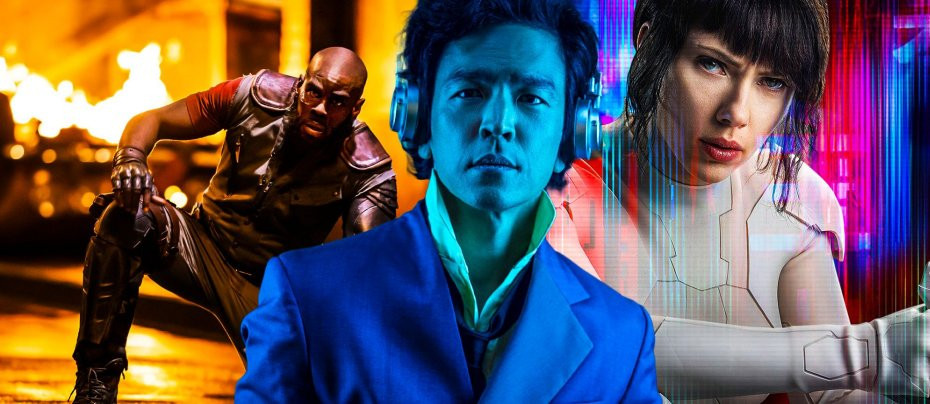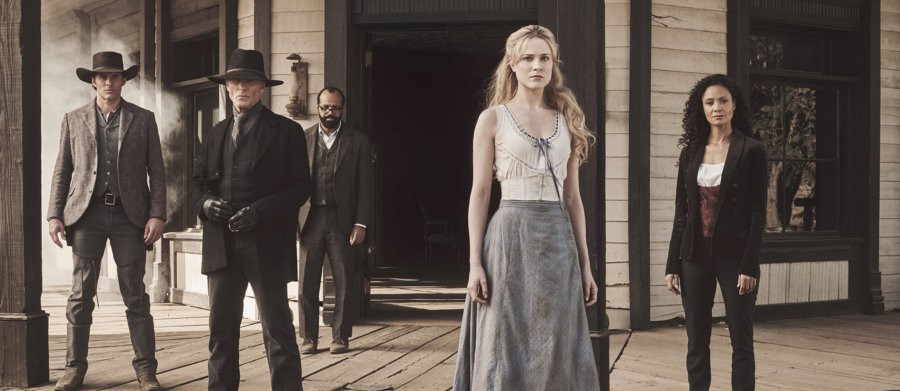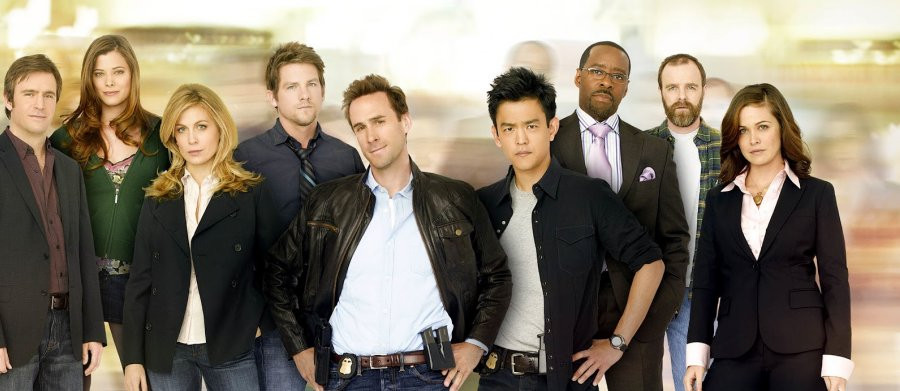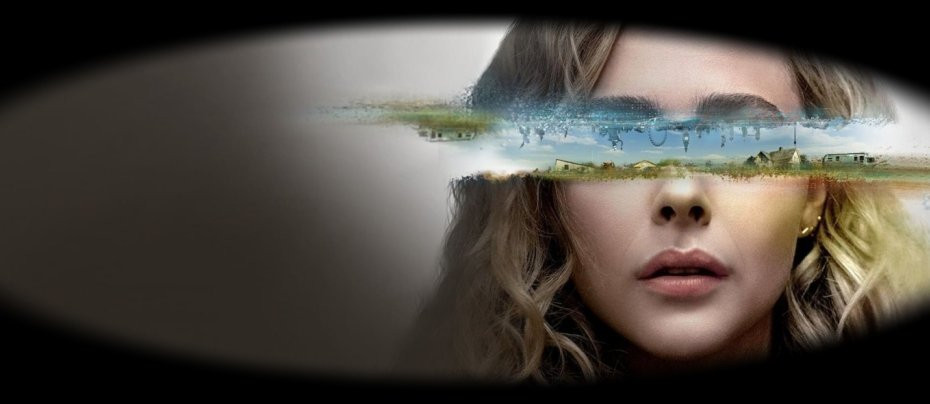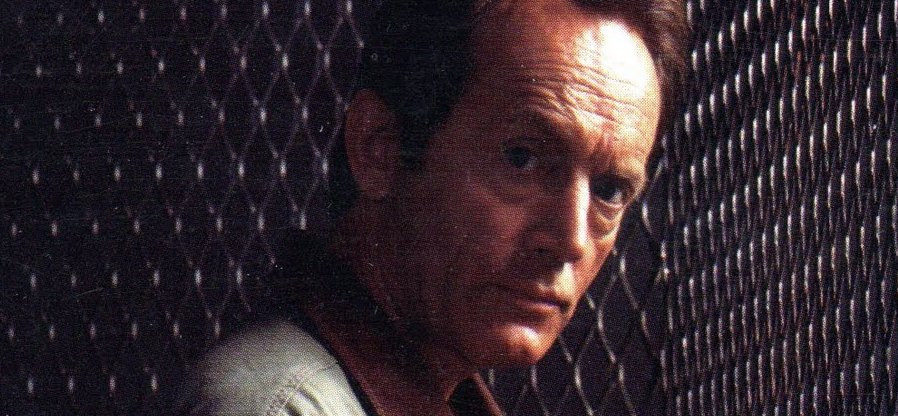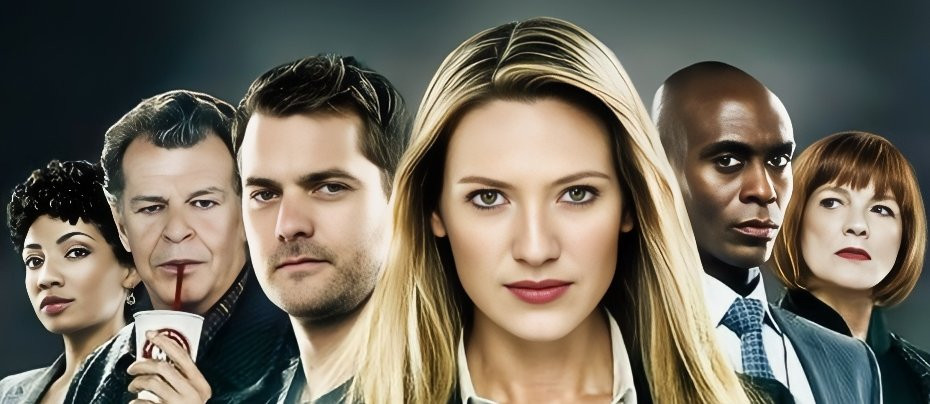
Fringe
2018 - United StatesA Criminally Underappreciated Sci-Fi Series
Review by Matt Owen
J.J. Abrams, who is most well-known for his mainstream films like Mission: Impossible III, Super 8, and Star Wars: The Force Awakens, has also produced some fantastic television shows. Following the success of his landmark thriller series, LOST, Abrams whipped up Fringe, one of the most underrated sci-fi shows of all time. This enthralling crime procedural follows the exploits of the Fringe Division, an elite and secretive agency working under the Federal Bureau of Investigations. Led by Director Phillip Broyles (Lance Reddick), the Fringe Division investigates troubling and inexplicable criminal cases, where the rules of reality are often subject to change. As the web of crime starts to expand, a grander conspiracy is revealed, resulting in one of the most mind-bending and well-executed science fiction shows in television history.
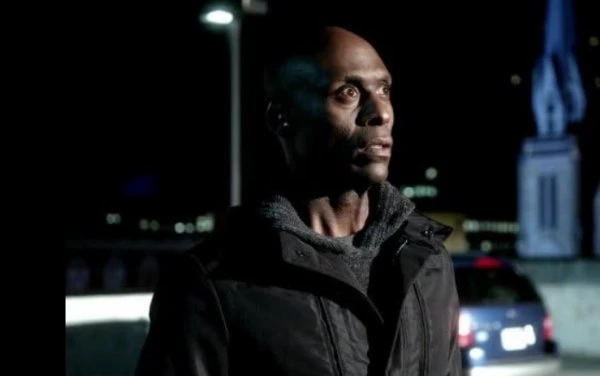
Fringe originally debuted on the Fox television network in September 2008 and ran for five seasons until it concluded in 2013. Like many other fantastic sci-fi shows, Fringe evolves as more of the main plot is revealed, but it starts off at a digestible and addicting pace. In the first season, the show follows a “monster of the week” formula, where members of the Fringe Division work a single case per episode, before moving on to the next task. The plot mainly focuses on Olivia Dunham (Anna Torv), an FBI agent who is reassigned to the Fringe Division following a horrific accident. Similar to popular series like The X-Files, The Twilight Zone, or Supernatural, all bets are off, as Olivia and her team constantly encounter truly bizarre events. However, in polar opposite to those more paranormal programmes, Fringe tries to keep its story grounded in reality, using the world of fringe science to explain its more eccentric ideas.
As a lifetime law enforcement agent, Olivia isn't the most skilled in advanced, theoretical science, so she enlists the help of the aged genius, Walter Bishop (John Noble). A brilliant scientist at the peak of his career, Walter has since been committed to a mental hospital, but hopes to find rehabilitation by aiding Olivia. Overseen by his estranged son, Peter Bishop (Joshua Jackson), and Fringe Agent Astrid Farnsworth (Jasika Nicole), Walter is granted access to his old laboratory at Harvard University. Like a kid in a candy shop, Walter excels in this familiar environment, but old demons still trouble his mind. Although the entire cast is spectacular, including a fierce performance from Anna Torv, John Noble steals nearly every scene as Walter. Presented as off-kilter yet endearing, Walter's hyperintelligence is juxtaposed by his child-like, fragile demeanour, which John Noble plays to utter perfection. Comedic, lovable, and at times unbelievably tragic, Noble's performance as Walter Bishop is the glue that holds the entire show together.
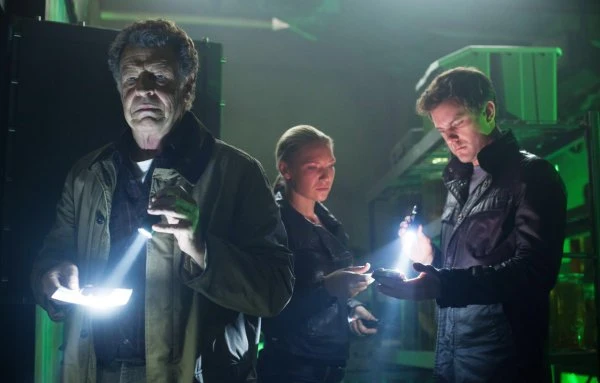
Over the course of the first two seasons, Olivia, Walter, Peter, and Astrid work together to solve a slew of intriguing and often disturbing cases. Throughout their investigations, we witness trickles of the larger mystery at play, leading down a darker rabbit hole. Unlike other serialized content, the early seasons of Fringe rarely feel like filler, as the overarching narrative is revealed at a perfectly addictive pace. Even when Olivia and company investigate a crime that lacks lasting consequence on the overall plot, the self-contained stories are still wildly engaging. Fringe is a show that rewards observant viewers, as twists and turns in the story are foreshadowed through inventive means. The inherent whodunit aspect is elevated by smartly written science fiction, leading to satisfying, eureka moments when the audience manages to suss things out. Best of all, Fringe respects the viewers' intelligence and rarely spoon-feeds information, making the mystery all the more fun to discover.
Moving into the third and fourth seasons, Fringe steps away from its case-by-case format, opting for a more traditional narrative instead. The fifth and final season is even more removed from the show's serialized roots, leading audiences through an exciting, although occasionally convoluted climax. It's difficult to detail the overarching plot of Fringe without spoiling the mystery, but it touches on a wide assortment of classic sci-fi tropes. Parallel worlds, time travel, and perplexing concepts like the butterfly effect are all used to notable success, and feel fresh within the world of the show. Despite the extraordinary plot points and otherworldly occurrences, Fringe maintains a grounded and believable tone, mostly due to excellent character development and world-building.
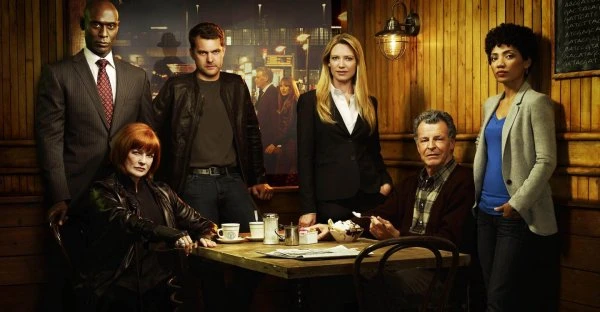
Even when compared to J.J. Abram's most celebrated works, Fringe remains one of his most thrilling and thought-provoking projects. On the surface, it could easily be discarded as a clone of The X-Files, but Fringe often feels more nuanced and immersive than its inspirations. Even the weakest episode of Fringe outperforms most science fiction shows on network television, as a result of its inventive writing, binge-worthy pacing, and fantastic character portrayals. Anna Torv and John Noble disappear into the lead roles, while Joshua Jackson, Lance Reddick, and the rest of the supporting cast never miss a beat. Thanks to a riveting and intelligent narrative backed by amazing performances from a talented cast, Fringe is a show that every science fiction fan should check out.
Seen this show? How do you rate it?
Seen this show? How do you rate it?
Published on April 13th, 2024. Written by Matt Owen for Television Heaven.




